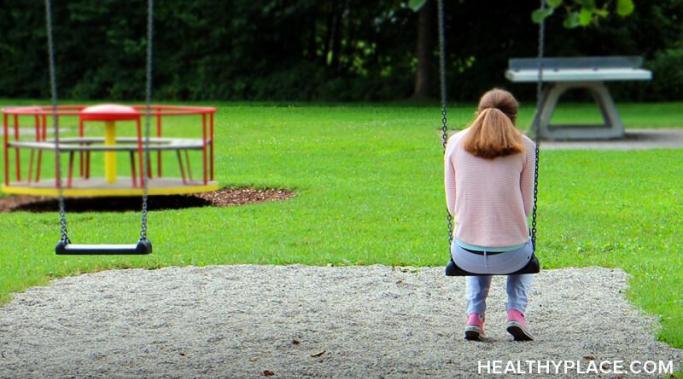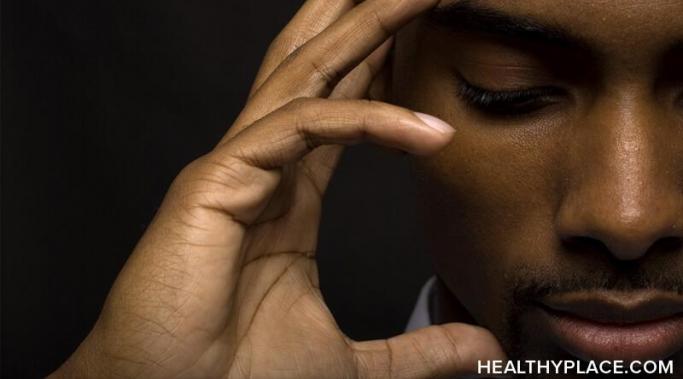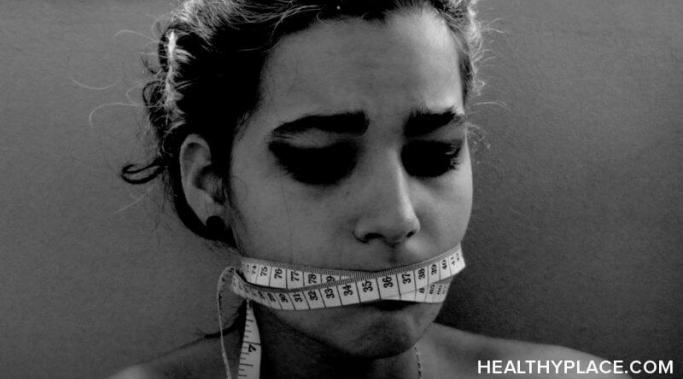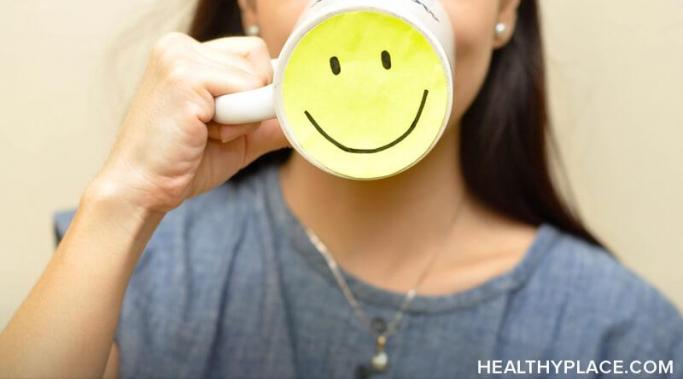Terminal uniqueness is a concept I first learned about in eating disorder residential treatment. At the time, my restless, irritable teenage brain had no interest in the phrase. But over the years since, I've come to realize that terminal uniqueness is a common barrier to eating disorder recovery. In fact, it's not a unique or rare phenomenon at all—ironically enough. So what does terminal uniqueness mean, and how can it affect recovery? Let's unpack this further.
Eating Disorders Treatment
As someone who has been a professional writer for almost 10 years (and a writing enthusiast for my whole life), I am a firm believer in journaling. Granted, I have not maintained a consistent journaling rhythm in the season where I find myself now. But when I commit to this self-care practice on a regular basis, I feel connected to my goals, priorities, and intentions for healing. Moreover, I am compelled to take meaningful, decisive actions that align with those priorities. So if you, like me, have fallen into a journaling rut over the past weeks or months, here are some journaling topics to refuel your motivation in eating disorder recovery.
If you have experience with trauma-informed mental health care, it's quite possible that you're also familiar with eye movement desensitization and reprocessing (EMDR) therapy. This therapy is an intervention used to help the brain resolve unprocessed traumatic memories, as well as the thoughts, emotions, beliefs, and physical reactions or sensations connected to those memories. But, is EMDR therapy useful for eating disorder treatment? That's a nuanced question without a one-size-fits-all answer. However, as someone who is currently in the thick of EMDR sessions myself, I want to examine its potential benefits for eating disorder recovery.
I will never forget one specific breakfast during my time in residential treatment. An on-staff clinician supervising the meal told me to throw out my pancakes and grab a new batch. When I asked her why, the answer was confusing, but as with most rules at this inpatient facility, it left no room for further questions. "You spread peanut butter on your pancakes—that's a food ritual," she replied.
Suicide prevalence in the eating disorder community is a serious concern. Eating disorders are some of the most lethal forms of mental illness—in the United States alone, one person dies every 52 minutes as a result of eating disorder complications. But this high mortality rate is not just a reflection of the various health risks that eating disorders cause. Suicide accounts for many of those deaths as well. In fact, the prevalence of suicide attempts is a tragically common trend among those who suffer from eating disorder behaviors. (Note: This post contains a trigger warning.)
I recently came across the concept of embodiment while scrolling on that quintessential self-care resource known as Instagram. (Please note the sarcasm—I am trying to break said scrolling habit.) But excessive social media consumption aside, this term has resonated in my bones. Embodiment evokes a sense of deep awareness, connection, appreciation, and trust for the body. It feels intuitive and emotionally safe, like the start of a close friendship. It also feels sensory and tactile, like the experience of being unconditionally at home in my own skin. Since this initial Instagram encounter, I have wanted to learn all I can about what it means to practice the art of embodiment in eating disorder recovery.
I find myself asking: What should my response be when a present situation fuels past eating disorder temptations? I need to examine why I flirt with behaviors I know are unhealthy when life tosses me an unforeseen curve ball. Then I can choose a different course of action—one that honors recovery rather than placing it in jeopardy.
This might seem like a bold, hyperbolic claim, but it just so happens to be true: I have no regrets about my eating disorder. Of course, there are some behaviors I am not proud of, relationships I have worked fiercely to restore, and memories I still flinch at. But in terms of actual regret, I simply think it's a wasted emotion. While I have absolutely no desire to relive those 15 years of battling anorexia, this formative chapter in my life transformed me into who I am right now—a person for whom I feel genuine love and respect. So if you'll indulge me for a few minutes, I will unpack why I have no regrets about my eating disorder.
I have permission to enjoy food. As obvious as this sounds, it's one of the most impactful realizations I've come to learn in eating disorder recovery. In the darkest seasons of my illness, I believed that showing a preference for any food at all was a sign of weakness. I would not allow myself to acknowledge pleasure in the flavors or textures of anything I ate. Food was purely utilitarian back then—I consumed just enough to stay alive and placate the concerns of those around me. But the more I heal, the more I learn that food is a source of nourishment and enjoyment. So I can grant myself permission to experience both.
I used to subscribe to the toxic positivity message. I wanted to believe that if I could maintain a persona of relentless confidence, enthusiasm, resilience, and optimism, then I would eventually outdistance the pain of my eating disorder.









